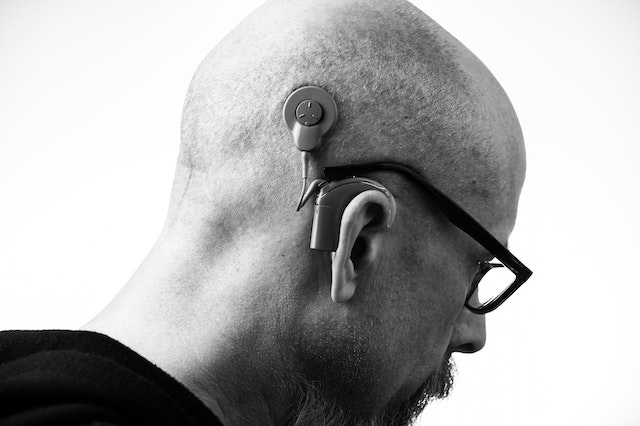Do ENT doctors treat hearing loss? The loss of hearing is a condition with various causes, including chronic exposure to loud noises and aging. Other causes for the condition include injury, abnormal structural development, and excessive earwax. It is not possible to treat every type of hearing loss. However, a professional ENT specialist can recommend various medical devices or other steps to improve your ability to listen.
What is Hearing Loss?
When you develop hearing loss, you will find it hard to concentrate and understand conversations. Losing the ability to hear is a disorder where you cannot enjoy the pleasant sounds of nature or struggle following a TV broadcast or telephone call. Severe loss of hearing can disrupt your working ability. Furthermore, it negatively influences your quality of life.

(Source)
Types of Hearing Loss
The loss of hearing can be unilateral or bilateral, depending on the underlying condition. There are three types of hearing loss. The occurrence depends on the position of the disorder. Below, you will find the types of hearing loss:
· Conductive
You will develop conductive loss of hearing when an external or internal object blocks the sound. This condition occurs in your middle or outer ear. The obstruction may include earwax, ear infection, or ear fluids. After developing this condition, you will find it hard to understand soft sounds. Meanwhile, the loud noises may sound barely audible. You may find relief after surgery or medications.
· Sensorineural
You may develop sensorineural hearing loss as an aging process, disease, or loud noise. This will negatively affect your auditory nerve or inner ear. Congenital conditions, infections, head injuries, or trauma during childbirth can affect the sensory organs in children. This type of hearing loss is usually permanent. You can seek help using a hearing assistive device or hearing aids.
· Mixed
Some people simultaneously develop sensorineural and conductive hearing loss. This may occur due to inherited conditions, infection, or head injury. An ENT specialist will diagnose you for mixed hearing loss. They will recommend treatments from both of the above hearing loss conditions.
Causes of Hearing Loss
Here are some common causes of the loss of hearing:
1. Damage to the Inner Ear
Exposure to loud noises and aging may damage your nerve cells or hairs in the cochlea. These nerve cells send signals to your brain for interpretation. Damage to these hairs will prevent electrical signals from reaching your brain. This leads to hearing loss and permanent hearing disability. The higher pitches will sound muffled, whereas you won’t be able to understand words.
2. Gradual Buildup of Earwax
Blockage to the ear canal due to earwax can also prevent sound waves from reaching the inner ear. You can visit an ENT specialist and get ear wax removed to restore hearing.
3. Obstruction in the Ear
Tumors, abnormal growth of bones, or ear infection in the middle or outer ear can cause hearing loss.
4. Ruptured Eardrum
When you hear loud blasting noise, poke an object in your ear, develop an infection, or experience sudden pressure change, you may develop hearing loss. All these causes can damage your eardrum, causing an inability to process sounds.

(Source)
Diagnosis for Hearing Loss
When you visit an ENT clinic, the ENT specialist will diagnose your condition using the following tests:
1. Physical Exam
The doctor will examine your ear using various tools and determine the actual reason for hearing disability. They will look for inflammation or earwax in the ear. They will also check any structural damage blocking the flow of the sound.
2. General Screening Tests
The doctor may also perform a whisper test in which they will ask you to cover an ear and make a sound on different volumes. They will notice your response to different sounds.
3. App-based Hearing Tests
For moderate hearing loss, you can download a mobile application to check your hearing ability. You will find numerous applications on Play Store and App Store.
4. Tuning Fork Tests
ENT specialists may use a tuning fork to evaluate your hearing ability. They will strike the fork and bring it near your ear. This technique may also help experts to identify the exact location of the damage.
Treatment for Hearing Loss
Do you want to treat your hearing problems? Visit Ear, Nose, and Throat of New York for diagnosis and treatment. Our expert will examine your ear and identify the actual problem. Then they will suggest the best treatment for hearing loss depending on the severity. Here are some treatment options:
1. Removing Wax Blockage
If you experience ear wax buildup, you should seek help from an ENT specialist. They will remove earwax using a suction device.
2. Surgical Procedures
Hearing loss due to structural problems, eardrum abnormalities, and other internal problems require surgery. Also, if you frequently develop fluid in your ear, the doctor will drain the ear using a small tube.
3. Cochlear Implants
If the ENT specialist determines severe hearing loss, they will undertake a cochlear implant for relief. This treatment is different than other healing treatments as this is a permanent solution. With cochlear implants, ENT specialist stimulates the hearing nerve.
ENT for Hearing Loss: Conclusion
Are you looking for permanent treatment for hearing loss? Visit our clinic now and consult with a highly experience ENT specialist. Give us a call at 212-867-4813, and we will connect you with one of the best ENT surgeons in NYC.
EAR, NOSE & THROAT OF NEW YORK
115 East 57th Street
Suite 600
New York, NY 10022
212-867-4813
Sources
https://www.msdmanuals.com/home/ear,-nose,-and-throat-disorders/hearing-loss-and-deafness/hearing-loss
https://www.mayoclinic.org/diseases-conditions/hearing-loss/diagnosis-treatment/drc-20373077
https://www.mayoclinic.org/diseases-conditions/hearing-loss/symptoms-causes/syc-20373072
https://my.clevelandclinic.org/health/diseases/17673-hearing-loss






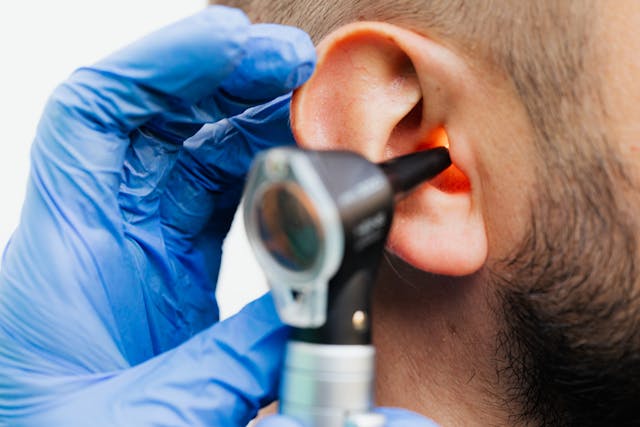
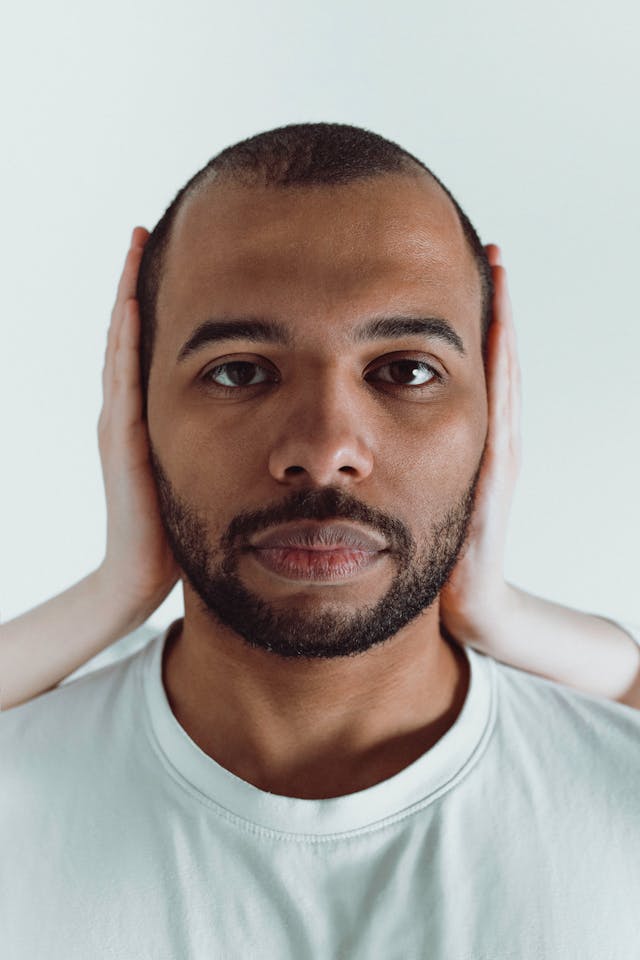 You should consider seeing an ENT specialist if you experience any of the following:
You should consider seeing an ENT specialist if you experience any of the following: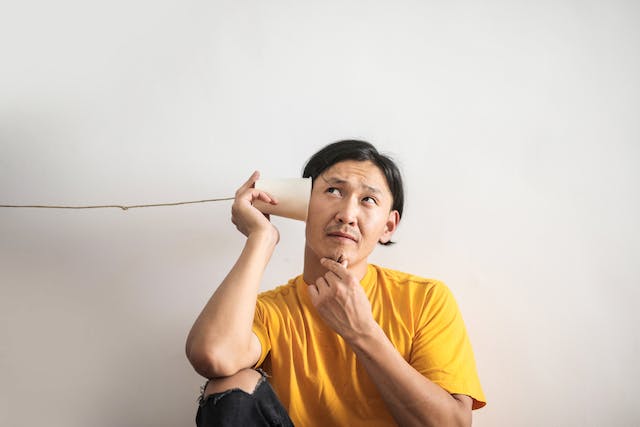
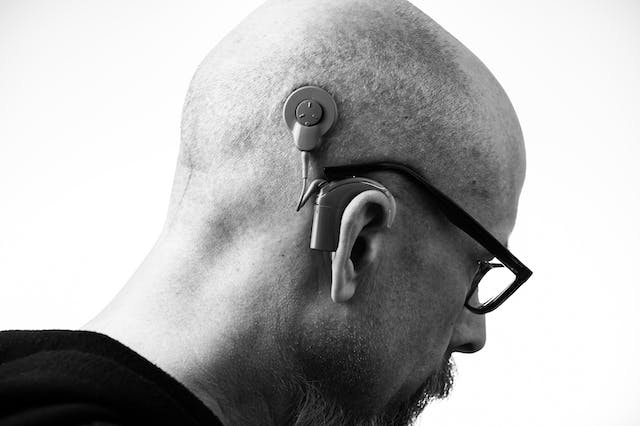
 Hearing loss affects people of all ages, and regular hearing checkups are essential for maintaining good hearing health. While many people only think of getting their hearing checked when they notice a problem, regular checkups can help detect problems early, leading to better outcomes and improved quality of life. In this article, we will discuss the importance of regular hearing checkups for all ages.
Hearing loss affects people of all ages, and regular hearing checkups are essential for maintaining good hearing health. While many people only think of getting their hearing checked when they notice a problem, regular checkups can help detect problems early, leading to better outcomes and improved quality of life. In this article, we will discuss the importance of regular hearing checkups for all ages.
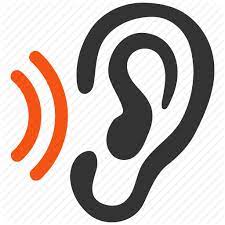 What are the latest advances in hearing aids technology?
What are the latest advances in hearing aids technology? 